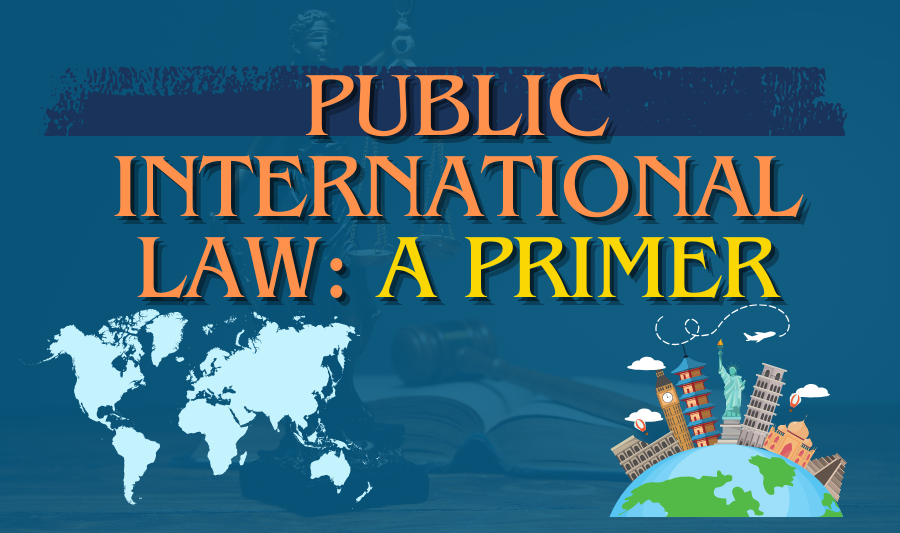Public International Law (PIL) serves as the legal framework governing relationships among sovereign states and international entities. This primer explores the foundational aspects of PIL to provide a comprehensive understanding of global governance.
Definition and Scope
Public International Law encompasses the legal principles that regulate the conduct of sovereign states, international organizations, and other actors on the global stage. It sets the rules for interactions between states and establishes norms for resolving disputes and maintaining international order.
Sources of PIL
The sources of PIL are varied and include treaties, customary international law, general principles of law recognized by civilized nations, judicial decisions, and the teachings of qualified legal scholars. Treaties, in particular, are crucial, serving as binding agreements between states.
Subjects of International Law
States are the primary subjects of PIL, enjoying legal equality. International organizations, individuals, and non-state entities, such as multinational corporations and non-governmental organizations, are also recognized as subjects, each with specific rights and obligations.
State Sovereignty
Sovereignty is a foundational principle in PIL, signifying a state’s independence and authority over its territory. While states are sovereign, PIL also places limitations on their actions to maintain global peace and security.
Jurisdiction and Immunities
PIL governs the jurisdiction of states over persons and territories. It also addresses the immunities granted to foreign states, diplomats, and international organizations, ensuring their functional independence and fostering diplomatic relations.
International Human Rights Law
PIL plays a pivotal role in safeguarding human rights globally. Treaties such as the Universal Declaration of Human Rights and the International Covenant on Civil and Political Rights establish a framework for protecting individuals’ rights, irrespective of their nationality.
International Dispute Resolution
PIL provides mechanisms for resolving disputes between states, including negotiation, mediation, arbitration, and adjudication before international courts and tribunals. The International Court of Justice (ICJ) is a prominent forum for settling legal disputes between states.
Use of Force and International Criminal Law
The use of force is regulated by PIL, emphasizing peaceful dispute resolution and restricting aggressive actions. Additionally, international criminal law addresses crimes of universal concern, such as genocide and war crimes, holding individuals accountable for grave offenses.
Public International Law serves as the cornerstone of a globally interconnected legal system. As our world becomes more intertwined, a solid understanding of its basics is indispensable for diplomats, legal practitioners, and anyone interested in the dynamics of international relations. Embracing these foundational principles illuminates the path towards effective global cooperation and justice.







